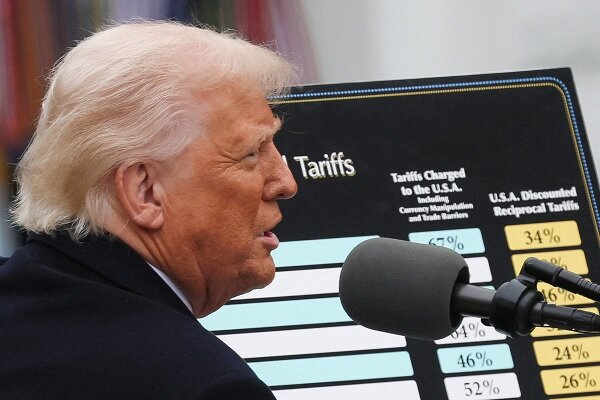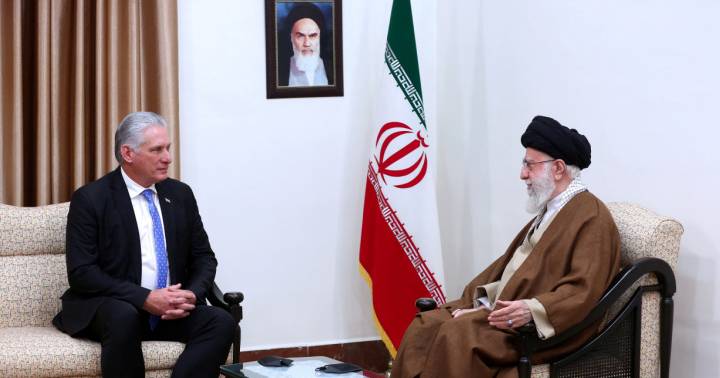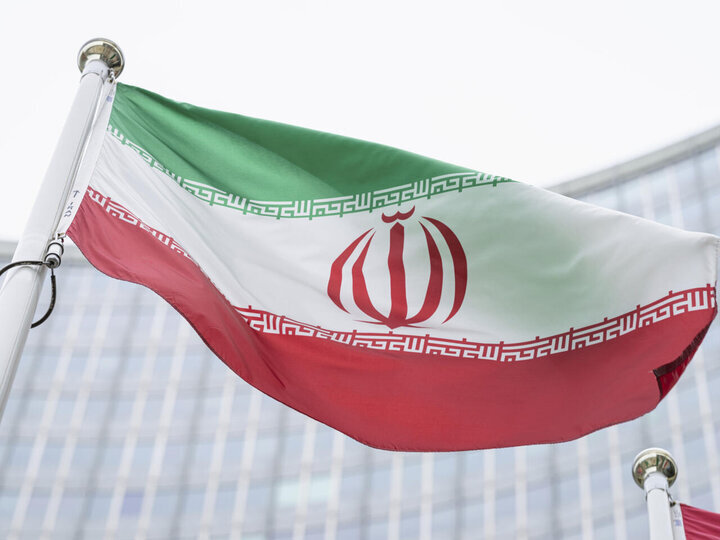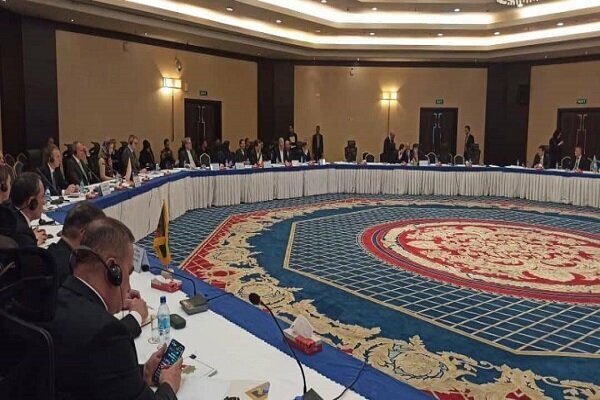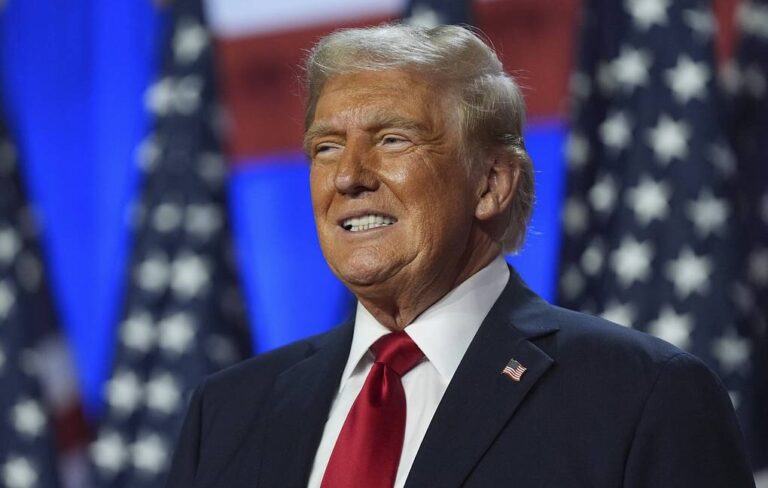Unraveling Trump’s Rapid Economic Policies: The Truth Behind His Tariff War Strategy
In a thought-provoking article, Mohsen Rezaei, a prominent member of Iran’s Expediency Council, analyzes former President Trump’s unconventional actions and economic policies on the international stage. Many experts, particularly those within Iran, attribute Trump’s rhetoric and strategies primarily to his business mindset.
While it is true that both Trump and tech mogul Elon Musk pursue personal interests, the broader implications of their actions are becoming increasingly apparent. This piece delves into why Trump’s hasty and unconventional decisions, bolstered by Republican support and American capitalists, are aimed at preserving the dollar’s dominance in the global economy and countering China’s rise.
**Key Insights into Trump’s Economic Agenda**
- The potential decline of the dollar as the leading currency in international trade could result in the US economy slipping to the third or fourth position globally within the next decade.
- Political and economic threats from the Trump administration, such as encroaching on the natural resources and financial assets of allies, reflect a strategy that transcends mere personal interests.
- The administration has initiated a comprehensive tariff war designed to minimize imports and bolster domestic production and exports, thereby improving the balance of payments.
- This approach aims to reduce the pressure on the issuance of more dollars abroad and financial bonds.
- Despite the risks to their reputation and the uncertainty surrounding these policies, the Senate and Congress have shown unwavering support for Trump’s initiatives, indicating a deep concern among American politicians regarding the nation’s economic future.
Under Trump’s leadership, unique measures have emerged, including attempts to acquire natural resources from Ukraine, Canada, and Greenland, as well as pushing for capital inflows from oil-rich nations in West Asia, notably Saudi Arabia. Such actions are unprecedented in the context of the US economic history.
Additionally, the administration’s military engagements, which include the attack on Yemen, pressure on Lebanon, and troop deployments in Syria, reflect a recurring theme of intertwining economic strategies with military action. This “dollars next to bullets” doctrine is not new but has been a persistent characteristic of American economic policy over the years.
**The Future of US Economic Policies**
As we consider the implications of these strategies, one pressing question arises: Will the US succeed in these policies? The challenge of distancing an economic and political system from its established 200-year history and values is formidable. The interconnectedness of the US economy with the global market means that any drastic shifts could result in negative repercussions for the American economy.
In summary, the actions taken by the Trump administration are not merely a reflection of individual ambitions but part of a larger strategy aimed at maintaining economic dominance in a rapidly changing world. As analysts continue to scrutinize these developments, it is essential to consider the broader implications that these policies may have on both the US and global economies.
In conclusion, while Trump’s unconventional measures may seem beneficial in the short term, their long-term effects could be detrimental, not only to the US economy but also to its relationships with other nations. The coming months will undoubtedly reveal more about the impact of these policies and the future trajectory of the dollar in international trade.
The ongoing discourse surrounding these developments highlights the critical need for a nuanced understanding of the interplay between economic policies and geopolitical dynamics. The world watches closely as the United States navigates these uncharted waters, grappling with the consequences of decisions that shape the global economic landscape.
As the situation evolves, it remains crucial for both policymakers and citizens to engage in informed discussions about the implications of these policies, ensuring that the economic future of the United States is approached with caution and foresight.
**Stay updated on these developments and more by following trusted news sources.**
